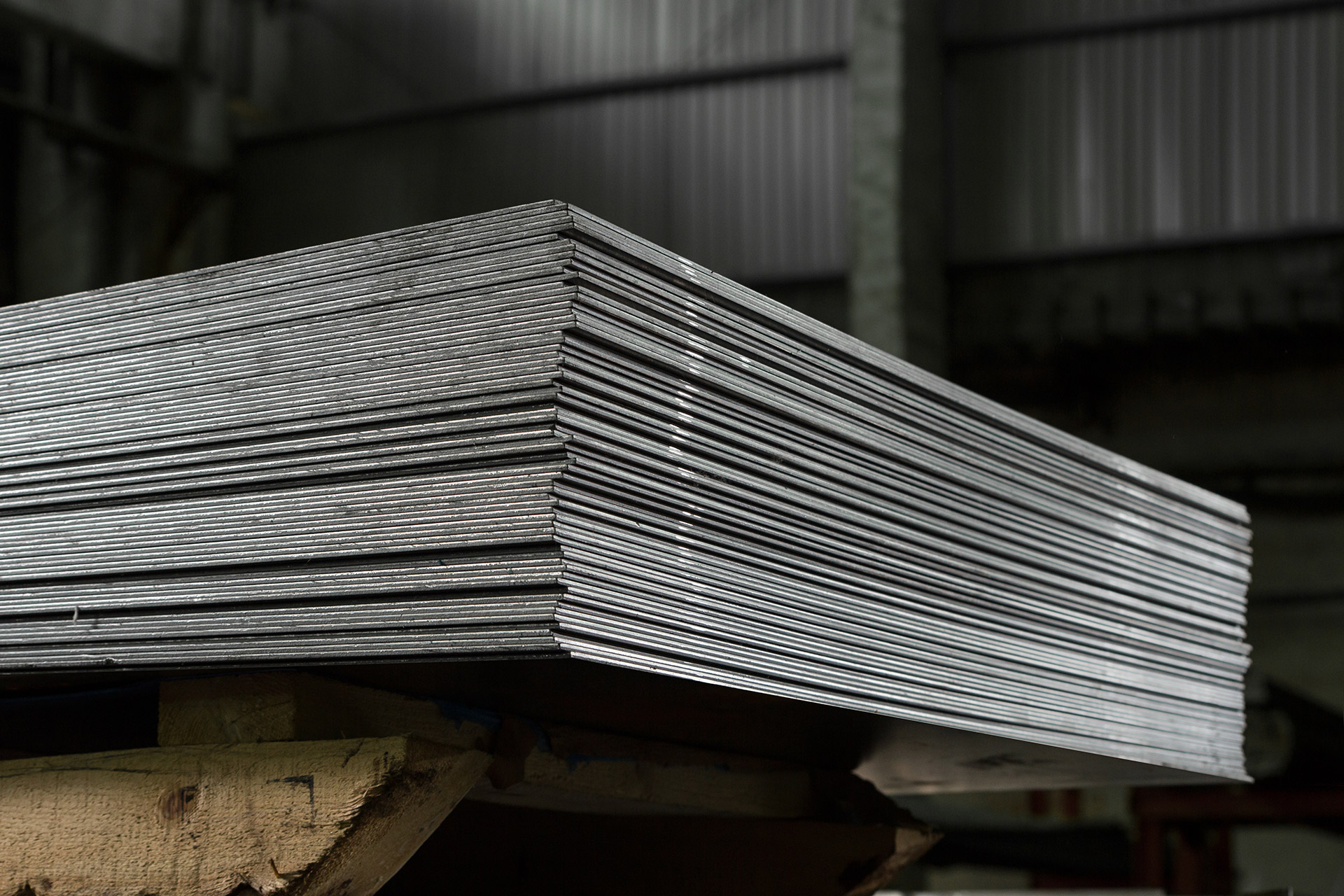Increasing energy costs are forecast to continue impacting Italian steelmakers’ output and scrap deliveries, Italian steel trade association Assofermet says in its monthly market report sent to Kallanish.
Skyrocketing energy prices have had the effect of slowing production and logistics this month. This, coupled with increased transport costs and uncertainty amid the pandemic, is promising some hardship for truck deliveries at a national and international level. January looks like a “chess game” between mills and scrap merchants, with mills trying to reduce prices as much as possible and merchants refusing to sell at very low levels, the association observes.
After the long Christmas holiday break, Assofermet notes high prices and tension over the high automotive grades such as new arisings E8 and packs of E8, but large availability of low demolition grades and steel turnings. While Italian scrap prices continue to weaken significantly, demand in other European countries persists for high-quality scrap, keeping prices stable month-on-month. “Many European countries seem to want to maintain the levels of December prices in consideration of the scarcity of scrap, in particular of the high qualities,” the report states.
Meanwhile, pig iron short supply is evident in the European market. CIS pig iron producers have already filled up order books for their February and March production. The absence of Brazilian pig iron offers continues in Italy. Over the past week, however, the international pig iron market has been positively affected by a return of Chinese buying interest, Assofermet says.
In Italy, pig iron prices remain stable compared to the beginning of the month, with few transactions. The latest deals at the end of December between distributors and CIS producers were concluded at $560/tonne cfr Italy, but the market expects an imminent price decline in new transactions. Domestic scrap values are also falling by €50/tonne ($56) month-on-month in a quiet market (see Kallanish passim).
Natalia Capra France






